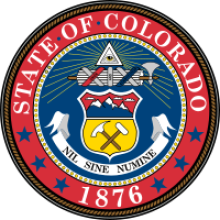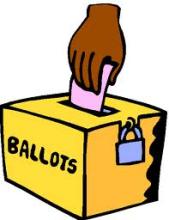Another Colorado Community May Reclaim Local Telecommunications Authority
Boulder's City Council is considering November ballot question to restore local authority for municipal telecommunications services. The measure, if passed, will create an exemption to the 2005 Colorado law allowing Boulder to better use its existing fiber optic infrastructure.
Apparently, the Boulder community has a self-reliant streak. This is not the first time the Institute for Local Self-Reliance has reported on the community of 97,000. John Farrell, Director of the Democratic Energy initiative, has followed the grassroots campaign to establish a city-owned electric utility in Boulder.
The Daily Camera reports that City Council staff, in a memo to Members, recommend the community seek authority to make use of existing assets. The City owns an extensive network of conduit that it began developing in the 1990s. Boulder has aggressively expanded the network, leasing it to private partners and using the space for a fiber I-Net to connect over 50 municipal facilities.
The Boulder Research and Administration Network (BRAN) serves the City, the University of Colorado, the U.S. Department of Commerce, and the University Corporation for Atmospheric Research. Each of the four entities shared equally in funding the $1.2 million eleven mile network. Boulder is an administering partner for BRAN and hopes to capitalize on that relationship even further.
Approximately 10% of Boulder's residents have home-based businesses, reports City Council staff. The community ranks high in the concentration of software engineers, innovators, and scientists. Businesses with less than 100 employees comprise 97% of firms in Boulder. Local surveys indicate the business community is hungry for better services. From the Daily Camera article:
[Director of Information Technology Don] Ingle said the city has no concrete plans in place to pursue partners, but he believes there will be a lot of interest if Boulder can get the authority.



